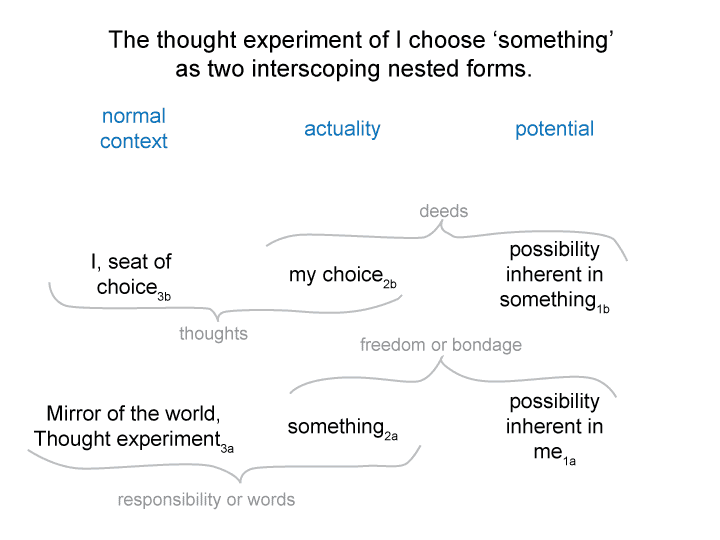Man and Sin by Piet Schoonenberg (1964) 2.3 KR
Summary of text [comment] page 83
[Compared to the obligations3a(2a and the exercises of the heart2a(1a)) of the family and tribal traditions, the Judaic Law must have felt liberating.
The Law of Moses lays down obligations that are universal. They apply to all. Including everyone in the tribe and family.]

